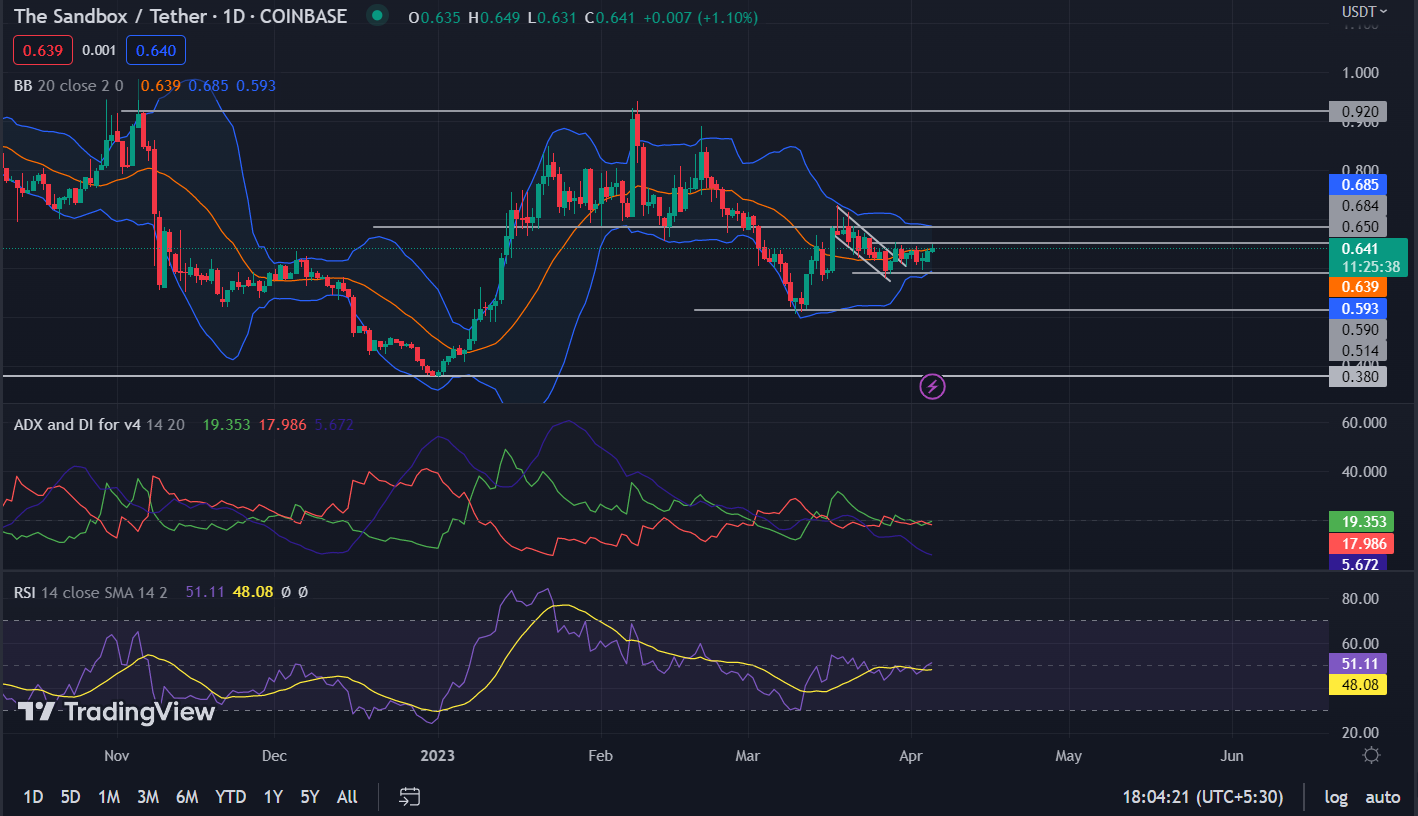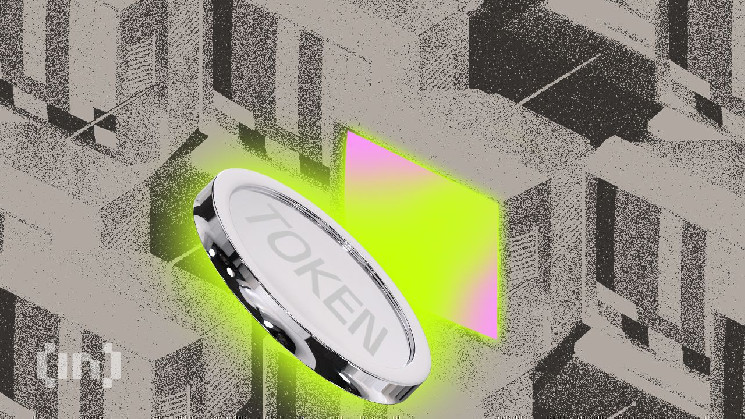This week, Seychelles-based crypto exchange KuCoin expanded its trading pairs and ETF market. But can the exchange be trusted?
On Monday, one of the world’s largest cryptocurrency exchanges, KuCoin, launched six new trading pairs and expanded its ETF market. But so far this year, the exchange has garnered more attention for its drama in the courtroom.
Back on March 9, New York’s attorney general filed a lawsuit against KuCoin for allowing investors to trade cryptocurrencies on its platform without registering with the state, which violates the Martin Act. A law that prohibits the sale, purchase, and offer of securities and commodities by fraud or misrepresentation.
With the ongoing fear, uncertainty, and doubt (FUD), potential customers should think carefully about KuCoin.
KuCoin in Hot Water
According to the Attorney General’s office (AOG), KuCoin failed to register as a securities and commodities broker-dealer and falsely represented itself as an exchange. One important part of the case is the definition of ETH as a security. This case is one of the first instances of a regulator doing so.
Attorney General Letitia James alleged that KuCoin earned income for itself by selling “KuCoin Earn” and wrongfully calling itself an exchange. KuCoin Earn is the company’s service for generating passive income on financial products like staking and liquidity mining.
The lawsuit seeks a permanent injunction to prevent KuCoin from operating in New York until it complies with the law. The AOG is seeking a court order for KuCoin to implement geo-blocking based on IP addresses and GPS location to prevent access to its services in the jurisdiction.
KuCoin has faced this kind of scrutiny before. South Korean and Dutch regulators have accused the exchange of operating illegally without proper registration or a license. A charge that is becoming a running theme.
The Upside
For holders of KCS, KuCoin’s native token, 2023 has so far been a good year. Like the rest of the crypto market, KCS has generally trended upwards. With a notable dip when the New York Attorney General announced her lawsuit on March 9.
However, the past year has been a patchy one for KuCoin itself. The exchange faced multiple insolvency rumors following the first crypto crash of last year in May 2022. In an interview with BeInCrypto, Mete Ulmet Elmas, the firm’s Head of Business Development, acknowledged the hearsay. “But all those rumors are already proven wrong,” he said. “I would say rumors are cheap, we take them seriously, but we are not afraid of them.”
Although, the FUD doesn’t appear to have altered the exchange’s trajectory. According to its own numbers, KuCoin added over 13 million new users to its platform in 2022, a YoY increase of 102%. New user registrations increased significantly in Latin America, Africa, the Middle East, and Europe as well.
Transaction volume on KuCoin’s spot and futures markets exceeded $3.6 trillion in 2022. With daily trading volume highs of $23 billion in the futures market and $12 billion in the spot market in May 2022. The exchange also launched 210 new assets last year.

However, its market share is a speck compared to the big beasts of the industry. According to CoinRanking, KuCoin is still only the seventh largest exchange, with a less than 1% market share. It is a solid mid-tier exchange with $785.57 million in 24-hour trading volume. Other mid-tier crypto exchanges like Uniswap, ByBit, and Kraken are all in the $700-$800 million bracket.
Can You Trust KuCoin?
The short answer? Probably. The exchange has survived waves of FUD and come out stronger (at least outside of the courts).
The exchange was one of the first to announce its Proof of Reserves after the FTX-induced market collapse. Crypto exchanges use Proof of Reserves to show they have enough assets to cover withdrawals. A third-party auditor records all customer balances and anonymizes the data using a cryptographic Merkle Tree. Users can then compare the total customer balances with the exchange’s total assets.
However, it notably did not publish any Proof of Reserves until it had to (much like the rest of the industry). That doesn’t mean KuCoin was cooking its books, but it does mean it chose the path of transparency at the last minute. Skeptical traders should not forget that fact.
Kaiko, the web3 data platform, has a less-than-flattering ranking for the exchange too. Despite being the seventh largest, it ranks only 29th out of 37 in its exchange ranking—receiving a B grade overall. Kaiko uses a variety of metrics to score each exchange.
Its lowest performing metric is “Governance,” where it ranks lower than all but one of its major competitors: OKX. The governance score measures an exchange’s policy in terms of KYC/AML, market surveillance, country risk, financial regulation, insurance coverage, and other sub-criteria. It includes assessing the legal entity, country risk, trading policies, market surveillance, insurance, financial regulation, proof of reserve, and regulatory sanction penalty. The score aims to evaluate the exchange’s compliance and regulatory standing.
 beincrypto.com
beincrypto.com
